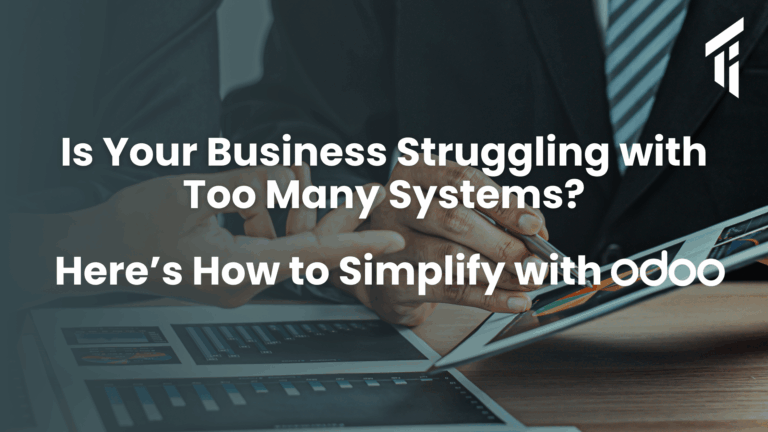It’s only natural now, for businesses to invest in future technologies other than automating processes for mere survival.

Why businesses are slow with technology adaptation?
Handling a large human workforce and larger customer bases have always remained an interesting challenge in the face of the business world.
Many innovations to many business problems have been presented from time to time. But solutions that came with technology stood spectacular.
Children and teenagers explore everything new in technology. They find and implement them functionally well.
But the business process is not as simple as teenagers’ explorations. It is limited by the norms of systematic, networked, and rule-based organizations. Because of these limitations, technology was slow to get implemented. But now, it is only as fast as a computer can get and as slow as humans can catch up with.
How Business Process Management (BPM) plays the role?
Business can be run anyhow by the stakeholders. But it needs to maintain its uniformity for persistent outcomes. What was once slow to implement has become easier because of the effective culture of business process management. Thus, BPM is discussed in one of two viewpoints: people and/or technology.
Business Process Management comprises ERP & CRM which has these main functionalities.
- Human Resource Management
- Finance/ Accounting
- Manufacturing & Production
- Inventory/ warehouse management
- Project Management
- Customer Relationship Management
And much more, according to the nature of the company.
Business Process Management Automation is about optimizing workflows between these functions.
What is Business Process Automation?
Business Process Automation (BPA) is the automation of Business Process Management. It is an infrastructure based on computer technology, to automate otherwise manual tasks.
Automation has evolved from macros to RPA (Robotic Process Automation), where its integration with workflows of the business process is much greater.
It is crucial to optimize the automation, for an overload of technology can be distractive to conventional workflows. A Business Process Automation should be sensitive to the nature of a business. Choice of the right software, its customization and maintenance must be optimal.
Business Process Automation Companies
Several software solutions are available for Business Process Automation.
Most of the popular software like SAP and Odoo is versatile. They can be customized according to business requirements.
The choices can vary according to the size and nature of the businesses. SAP Business One is one such product from SAP. It is exclusively for small businesses but can be scaled up and modified later.
Need of Automation Process improvement
The automation process is an ongoing process with the evolution of technology. Implementing/upgrading business automation solutions is crucial from time to time.
A company’s IT management plays a key role in Business Process Automation. It delivers support of Hardware, Software, and Networking for an organization’s smooth running. It helps automation process improvement by upgrading and training from time to time.
Importance of Training
Another aspect of automation is the training of employees according to their learning curves. Standard certification and courses from Business Process Automation software companies are nowadays versatile. It enables workers to a smooth transition to their level of productivity. Also, certified employees can build up the reputation of an organization.
Importance of Training
Oh yes, I thought it will be good to repeat this twice. There is no automation complete without training the employees/team members on how to use the software application and the importance of training is as high as the need for transformation itself.
Scope of Business Process Automation to the future
Analytics, Cloud, IoT and AI together are going to be unavoidable features of future Business Process Automations.
- Cloud: Cloud is a computing server that can provide services, like software running on a computer. Networking and collaborations through this platform have increased productivity drastically by ages.
- Analytics: Visual data enhance business decisions. Organizing a plethora of business data updated every day to useful visualization is not possible without Business Intelligence tools. If the business uses technologies that incorporate IoT, intelligent tools are necessary to find the required answers.
- IoT and AI: the ‘Internet of Things (IoT)’ today, revolves around every person, as well as the Businesses. IoT provides data explosion to business analytics in a place once it was scarce. It needs intelligence to perform along with. Thus comes a bigger need for data analytics, and AI. The potential of these innovations is very high and still not fully comprehended. By implementing it, businesses can be saved from unforeseen breakdowns, before it happens. Or even find a potential path we can never see with human power.
It is only a matter of time, where technology on these will become affordable. From many Processes Automation companies, we get a heterogeneous range of software solutions that can be opted and customized according to the requirements.
Why Target Integration?
Target Integration provides expert service in Business Process Automation, consulting and implementation from start to finish. With teams distributed around the globe in countries like in UK, Ireland, US and India, Target Integration can cover problems within 24 hours.
From thousands of business automation solutions for small to large-scale businesses, Target integration works with a range of products, technologies, and consulting which is best for your unique business needs. Target Integration is often premium or gold partners with leading Business Process Automation software companies like Odoo, SAP etc.



